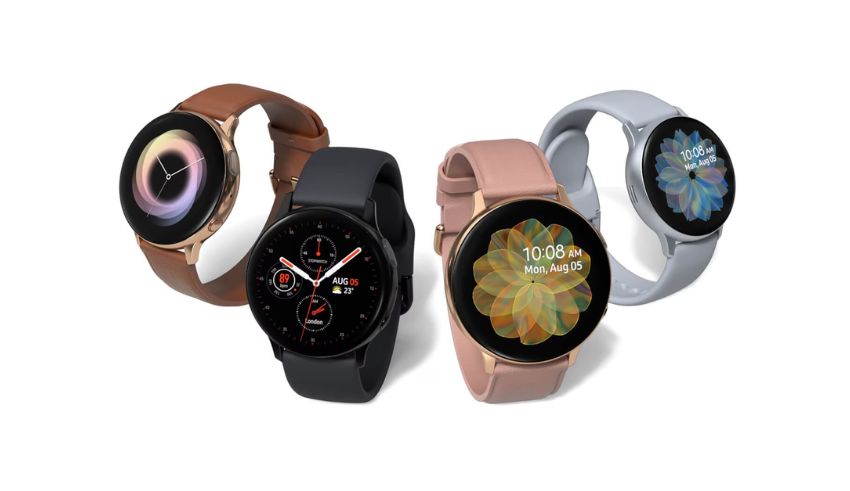
Despite the official release scheduled for July, the much awaited Galaxy Watch series from Samsung has already created waves with early certification in Indonesia. This surprising turn of events begs a fascinating question: Why is the Galaxy Watch series showing up in Indonesia before it’s worldwide launch?
Indonesia: Wearables’ Strategic Market
This early presence can be explained by several elements. First, the ICT market of Indonesia—especially the wearables industry—is seeing notable expansion. Market research shows that demand for wearable technologies in Indonesia has surged thanks in part to a tech-savvy populace with rising disposable incomes. Understanding this promise, Samsung sees Indonesia as a strategically important market. Giving certification and launch preparation top priority in Indonesia helps Samsung to debut its product to this fast growing market without incident. This early preparedness is probably meant to grab a bigger portion of the smartwatch market from the start, so profiting on Indonesia’s growing wearable technology demand.
Early certification for a simplified launch
Another reasonable theory is that Samsung’s larger launch plan depends much on early certification in Indonesia. Often delayed and erratic are regulatory approval procedures. Samsung can prevent possible delays in introducing the Galaxy Watch series to Indonesian consumers following global release by certifying far ahead. This deliberate action helps Samsung to arrange a more effective worldwide distribution, thereby guaranteeing the instant availability of the new smartwatch for Indonesian buyers. Early certification also gives Samsung a competitive advantage because they may proactively handle any regulatory issues that might develop in one of their main markets.
Market Readyness and Consumer Demand
Early certification also depends much on consumer demand and market readyness. Early certification may be a reaction to notable local demand in the Galaxy Watch series; the Indonesian market is quite open to new technology. This proactive strategy not only creates buzz but also guarantees customers of the product’s conformity with local norms, so increasing possible sales. According to market research, smartwatches—especially those with health and fitness functions—are piques of curiosity for Indonesian buyers. Early certifying of the Galaxy Watch series helps Samsung to match this trend and establish itself as a favored choice for Indonesian tech aficioners.
Distribution channels and strategic partnerships
Distribution networks and strategic alliances can potentially affect Samsung’s choice to get early certification in Indonesia. A good product release depends on developing close ties with local distributors and stores. Samsung guarantees that its distribution partners are ready for a flawless market debut by certifying the Galaxy Watch series ahead of its worldwide release. This approach not only improves the supply chain but also lets Samsung run focused marketing initiatives appealing to Indonesian customers.
Handling Local Rivals
One could also view early certification as a calculated reaction to local competitiveness. With many companies fighting for customer attention, Indonesia’s wearable industry is competitive. By winning early certification, Samsung can preemptively promote the Galaxy Watch series as a leading alternative, perhaps blocking competitors from gaining popularity. This proactive strategy helps Samsung keep its market leadership and increase the brand presence in Indonesia.
Possibilities Until the Public Declaration
Although these are reasonable justifications, they are still only theoretical. Samsung has not formally responded on the early Galaxy Watch series certification from Indonesia. The official release event in July will probably help to clarify the rationale behind this calculated action. We can only make reasonable estimations till then depending on strategic concerns and market developments.
Finally
Early Galaxy Watch series arrival in Indonesia before worldwide release highlights the strategic relevance of the Indonesian market for Samsung. This action shows Samsung’s will to guarantee a successful rollout whether it comes to simplify the launch process, take advantage of market expansion, respond to customer demand, improve distribution networks, or handle local competitiveness. It is evident from waiting for the official launch ceremony that Samsung’s early certification in Indonesia is a deliberate action toward a flawless and powerful introduction of their newest wearable technology. This approach not only emphasizes Samsung’s vision but also its will to satisfy the needs of a dynamic and expanding market.























